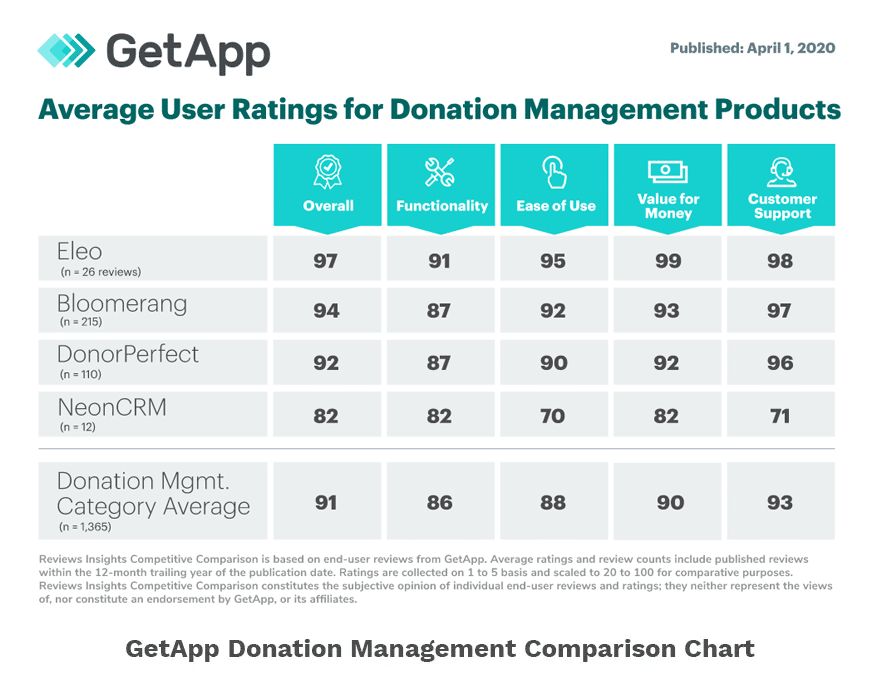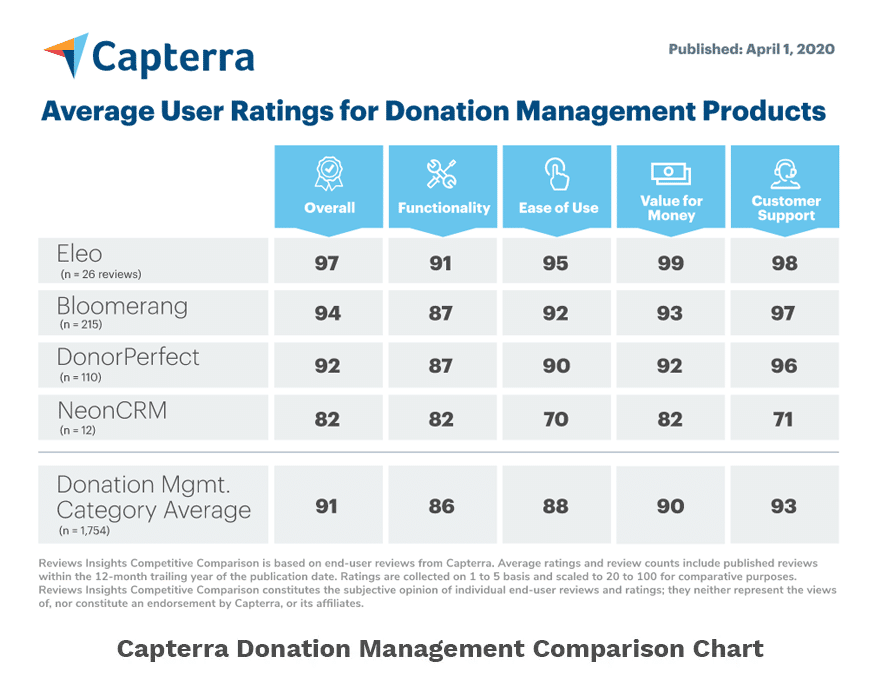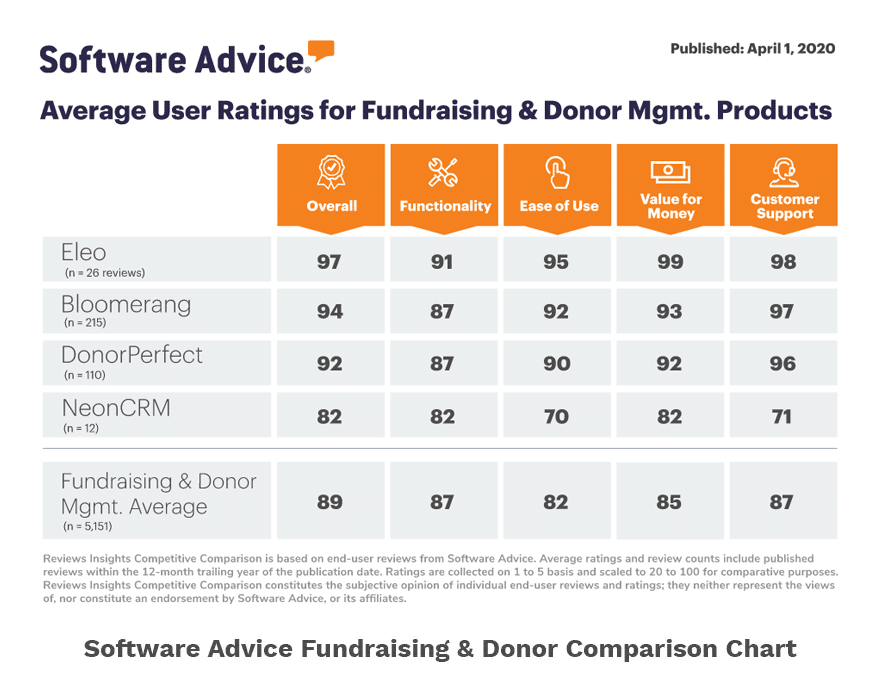
Historically, donations from individuals have represented more than two-thirds of total giving to nonprofits. Grants are responsible for about 10-15 percent all charitable giving. This might seem like a relatively small amount, but grants are a major source of revenue for certain nonprofits.
In many cases, understanding the grant process can be difficult, which could mean missed opportunities to increase financial support for your cause. And nonprofits can also waste a lot of time and resources applying for the wrong grants.
To help clear up some of the confusion about grants, we’d like to focus on the basics – what a grant is, where to find grant opportunities, and how to get started.
What Is a Grant?
The Association of Fundraising Professionals defines a grant as “a financial donation given to support a person, organization, project, or program.” Grants are typically awarded to nonprofits for a specific purpose by foundations, businesses and government agencies.
Foundations generally award grants to 501(c)(3) organizations. There are a number of different types of foundations, including private, family, corporate and community. Grants from government agencies are used for everything from improving public services to stimulating the economy to funding research. Government grants are awarded at the local, state and federal levels.
While grants aren’t loans that need to be repaid, the notion that grants are “free money” is misleading. Before you seek grant funding opportunities, you need to do significant internal research to determine:
- The needs of your organization and those who benefit from your work.
- The type of program that will support your mission and address a specific problem.
- How your program will address this problem.
- What current internal resources are available to you.
- How much financial assistance you need for this specific program.
How Do I Find the Right Grants for My Nonprofit?
It can be tempting to apply for as many grants as possible, but you need to be realistic about the hours of work involved and your chances of actually securing grants. The process of writing proposals for grants and filling out applications according to complex guidelines can quickly drain a nonprofit’s resources. Grants should be approached strategically.
Again, research is key. Look for grants that are the best match, not just for your nonprofit’s mission, but for the specific program that requires funding.
Start by asking your board. They might have connections with foundations and businesses that offer grants. They can also help research grant opportunities through their professional and personal networks. Mine your donor management software for donors and volunteers who might have similar connections in the community. And use your fundraising donor database to track your grant applications, deadlines and awards.
Many cities, counties and states have directories of organizations that offer grants. You can also find regional associations of grantmakers in many parts of the country. Grantspace.org and FoundationCenter.org are excellent resources. For federal grants, check Grants.gov.
Spend some time on Google searching for foundations and grants that support your cause. Be specific. For example, “grants for homeless” isn’t specific enough. “Grants for feeding homeless in Trenton, NJ” is specific. Start with a specific search, and gradually make it broader.
Every nonprofit should have multiple sources of income and fundraising. If your nonprofit has never considered grants, start by learning about what grants are available in your local community. By educating yourself about grants and approaching them strategically, you could very well find a sustainable source of funding.





